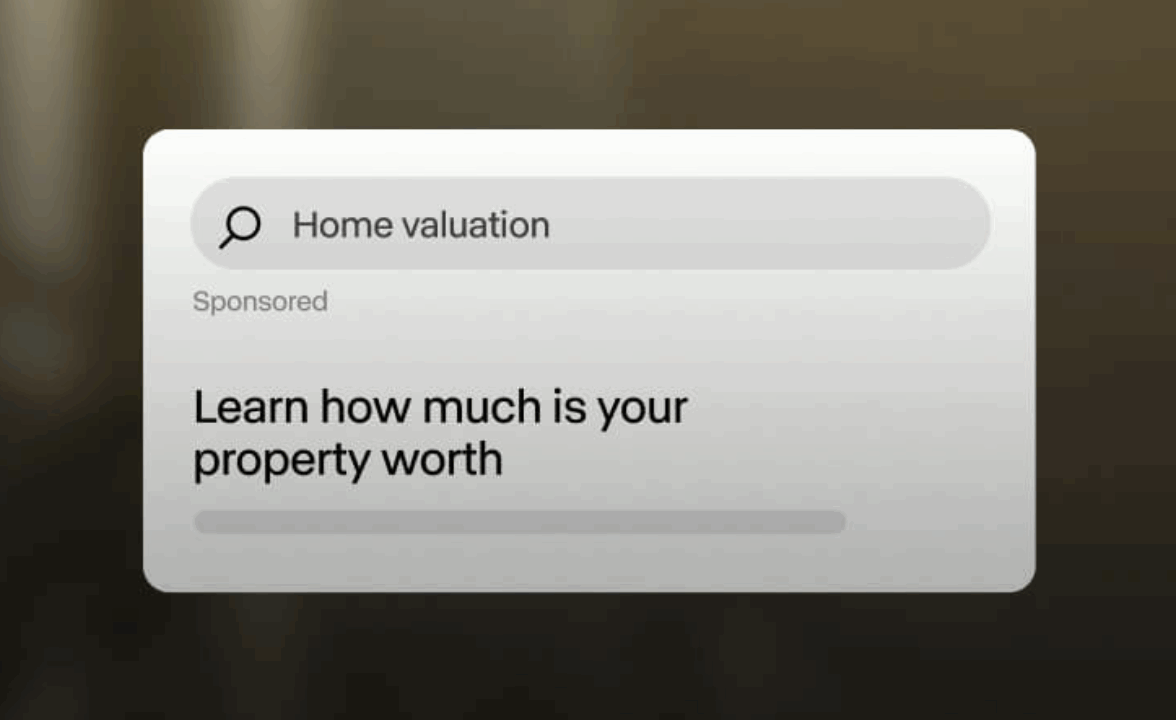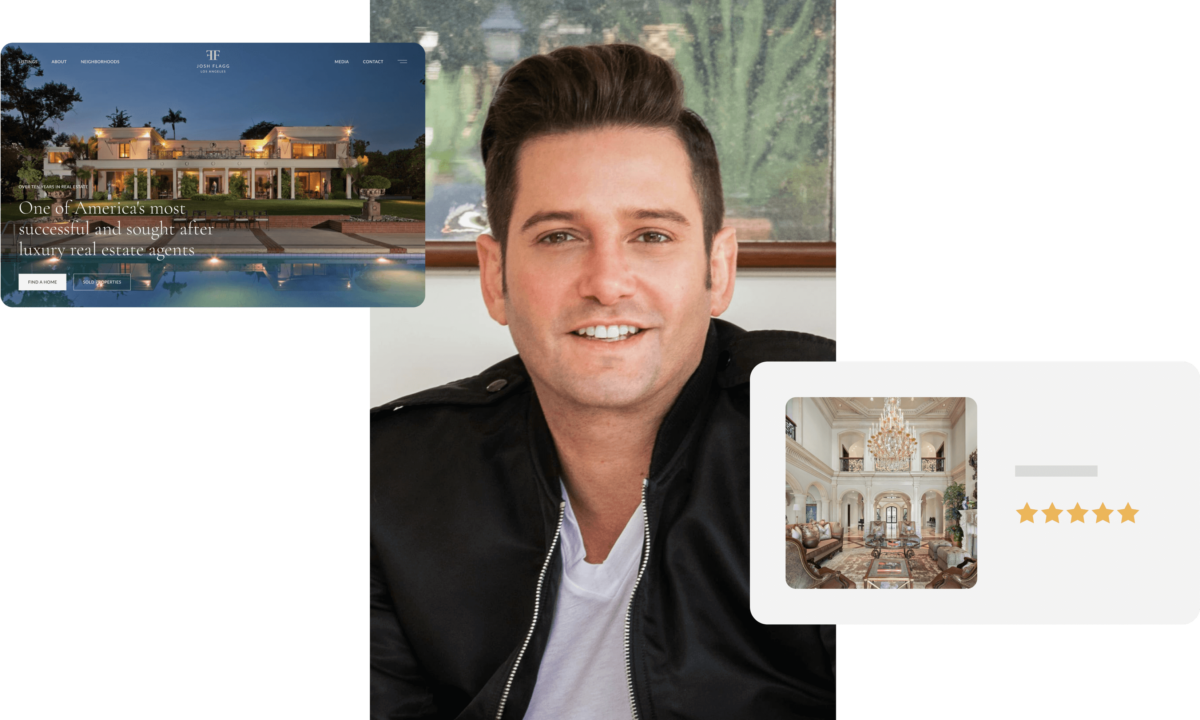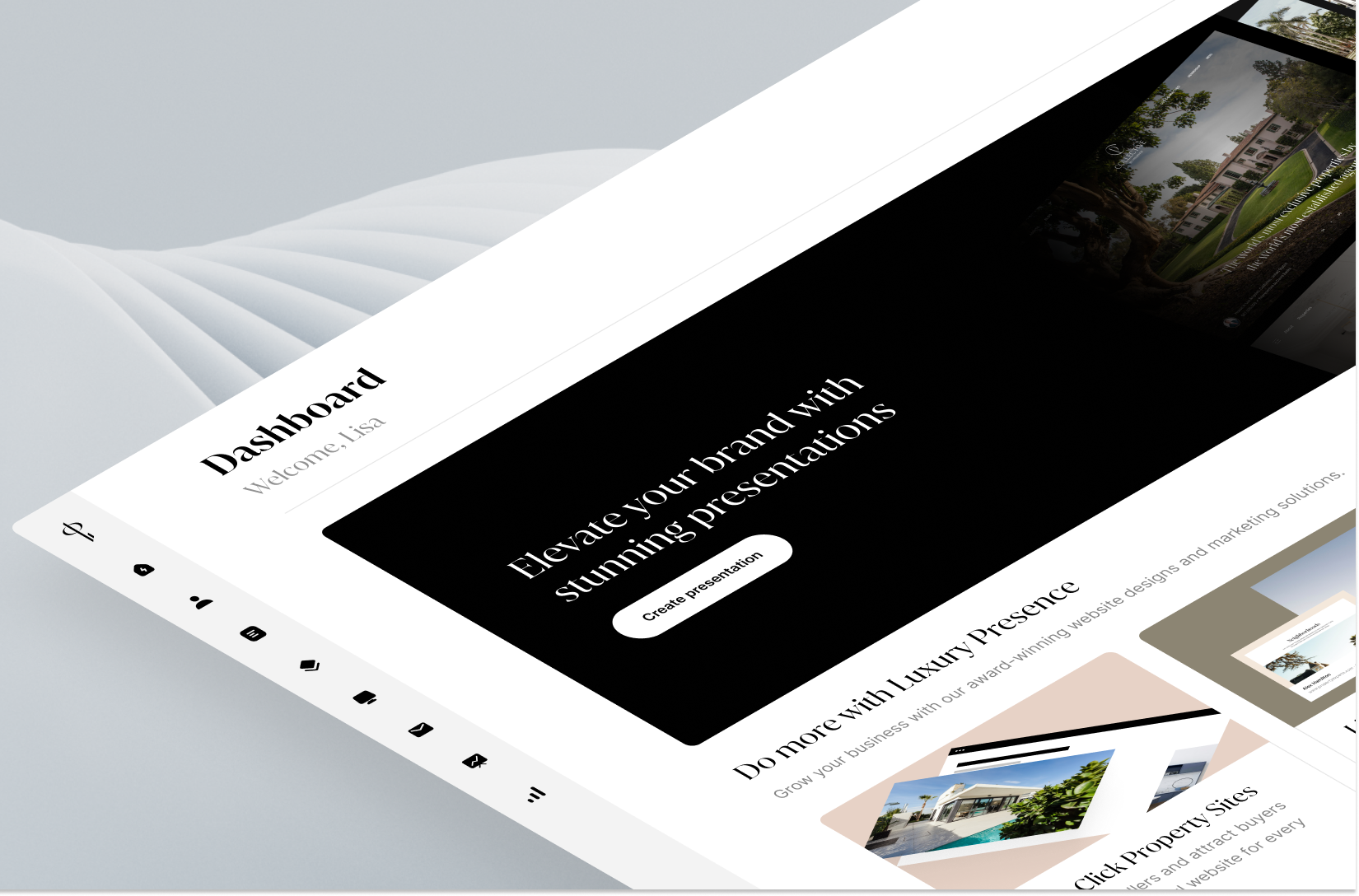One of the best places to highlight your brand as a real estate agent is on your website. You can explain who you are, why you chose your profession, and how you can help the buyer or seller in a completely customized way.
However, there is a challenge that you must rise up to. Web users are looking for specific information, and they are looking for it quickly. They do not have time to scour your website, hoping to find the answers to their questions. At the same time, they do not want to be bombarded with information, either.
This poses a unique opportunity for you. You must find a simple, effective, and creative way to showcase your skills and services without being intrusive.
A Brief History of the Pop-up
Pop-ups were first created as a solution for website owners who wanted to separate important or additional messages from the carefully crafted webpage itself.
In doing so, many web designers implemented pop-ups that provided these messages – but with a cost. These messages were often annoyingly placed and intrusive, negatively impacting the user’s experience. Because of this, Google has since cracked down on disruptive pop-ups.
The Benefits of Adding Pop-ups to Your Site
Despite the fact that Google has kept a closer eye on pop-ups, there is no reason to be intimidated about adding them to your website. There are many benefits of adding pop-ups to your website as a real estate agent. The trick is creating pop-ups that are not intrusive and work well with the overall design of your website.
The top benefits of adding pop-ups to your website are:
1. Grabbing Your Audience’s Attention
Pop-ups allow you to communicate with visitors in a way that catches their eye. This is especially beneficial for today’s impatient web users.
2. Highlighting Important Information
Important or time-sensitive content can be quickly and clearly conveyed using pop-ups.
3. Less Clutter
Adding pop-ups to your website minimizes clutter, which makes your site appear cleaner, simpler, and more aesthetically pleasing – which users love!
In keeping with minimizing clutter – there are many ways in which pop-ups can be triggered. Say goodbye to moving users out of the browser window. Pop-ups can be triggered:
- After a user scrolls a certain distance
- After a user completes a certain action
- When a user enters the site
- Just before a user leaves the site
- After a user stays on a webpage for a certain length of time
4. Increased Conversions and User Engagement
The very nature of pop-ups is to boost engagement and increase conversions on your website. You can use pop-ups to have visitors sign up for your newsletter, visit your separate listings page, or share one of your blog posts on social media.
5. Excellent Opportunity for Lead Generation
Pop-ups are a fantastic opportunity for real estate agents to generate new leads. Well-written, helpful, and thoughtfully designed pop-ups usually lead to conversions (providing contact information), which in turn provides a lead.
In addition, pop-ups that include a call to action engage people more than a static webpage would. This also paves the way for a higher percentage of leads generated from your website.
The Different Types of Pop-ups
Now that we know the benefits of adding pop-ups to your website, the next step is going over two of the most popular types that are out there.
Modal: These are some of the most common types of pop-ups on the Internet. Modals are versatile and can appear in many different ways. They can open up, slide onto, hover in the corner, manifest in the center, or stick on the bottom of a particular webpage.
Interstitial/Overlay: These pop-ups are bold and ambitious. They usually cover the entire screen or reside permanently at the top or bottom of a webpage.
Note: mobile users tend to find pop-ups much more intrusive than desktop users. Google has noted this fact and is known to penalize mobile websites that use excessive or disruptive pop-ups.
The Do’s and Don’ts of Adding Pop-ups to Your Website | Do’s
When it comes to adding pop-ups to your website, there are a host of dos and don’ts that you should follow. Not only will these best practices help you avoid penalties (and annoying your followers), but they will also guide you through creating quality pop-ups for your real estate website.
Pop-up Dos:
• Meaningful and Helpful
Create pop-ups that are not just aesthetically pleasing or there just because you have the ability to place a pop-up on your website. Make them meaningful and helpful to the user!
• Match the Website
Pop-ups that do not look like the rest of the website seem out of place and can confuse (and ruin) your visitor’s user experience. You can avoid this by creating pop-ups that match the theme and design of your website.
• Responsive
Well-designed pop-ups that are responsive can prove beneficial to users (and to you). Ensure that your pop-ups are functioning properly to reap all of the rewards.
• Quality Copy
Perhaps more importantly than the content on your website, keep your pop-up copy brief, clear, and to the point. Users do not have time to read something that is poorly-written or the length of a novel – especially on a pop-up.
• Collect Only One Piece of Information
When utilizing pop-ups to gather information, ask for only one thing: the user’s email address. This is the easiest way to reach your audience, and because visitors typically only visit a website once, it is important to engage them and collect their contact information the first time around.
• Content That’s Relevant to the Page
Design your pop-up to include content that is relevant to the page it appears on. This spares your visitors from confusion and annoyance.
• An Easy Exit
Users that are able to exit a pop-up quickly are more likely to stay on the website than those who are trapped. Be sure to include a clear and hassle-free way for visitors to get out of the pop-up.
• Time Your Pop-up Perfectly
Ensure that your pop-up appears at just the right time to enhance your user’s experience. Time your pop-up to appear when a visitor scrolls to a certain point on the page or just before they leave.
• Tailored Content
Custom content is a great way to make your audience feel seen and further connect with you and your brand. Audience segmentation is a great way to do this.
Pop-up Don’ts:
• Disruptive and Intrusive
Avoid disrupting the user’s experience on your webpage by using repetitive, poorly placed, or difficult-to-exit pop-ups.
• First Page
Try not to place pop-ups on the first page of a user’s visit, especially for mobile users.
• Interstitials or Oversized Modals
Avoid utilizing interstitials or oversized modals on the mobile version of your website.
• Identical Mobile and Desktop Pop-ups
Create pop-ups that are identical for both mobile and desktop users. Pop-ups may look and act different and have a different purpose, depending on the device they are on.
• Repetitive
Avoid placing pop-ups on every single page or making them appear every time a user visits your website/webpage. You can do this by setting frequency rules.
Conclusion
The benefits of adding pop-ups to your website are plentiful and can help grow your business in many ways. From more leads to greater engagement, pop-ups are still proving to be a helpful and effective tool for real estate website owners. Just be sure to follow these do’s and don’ts to get the most out of your pop-ups!




